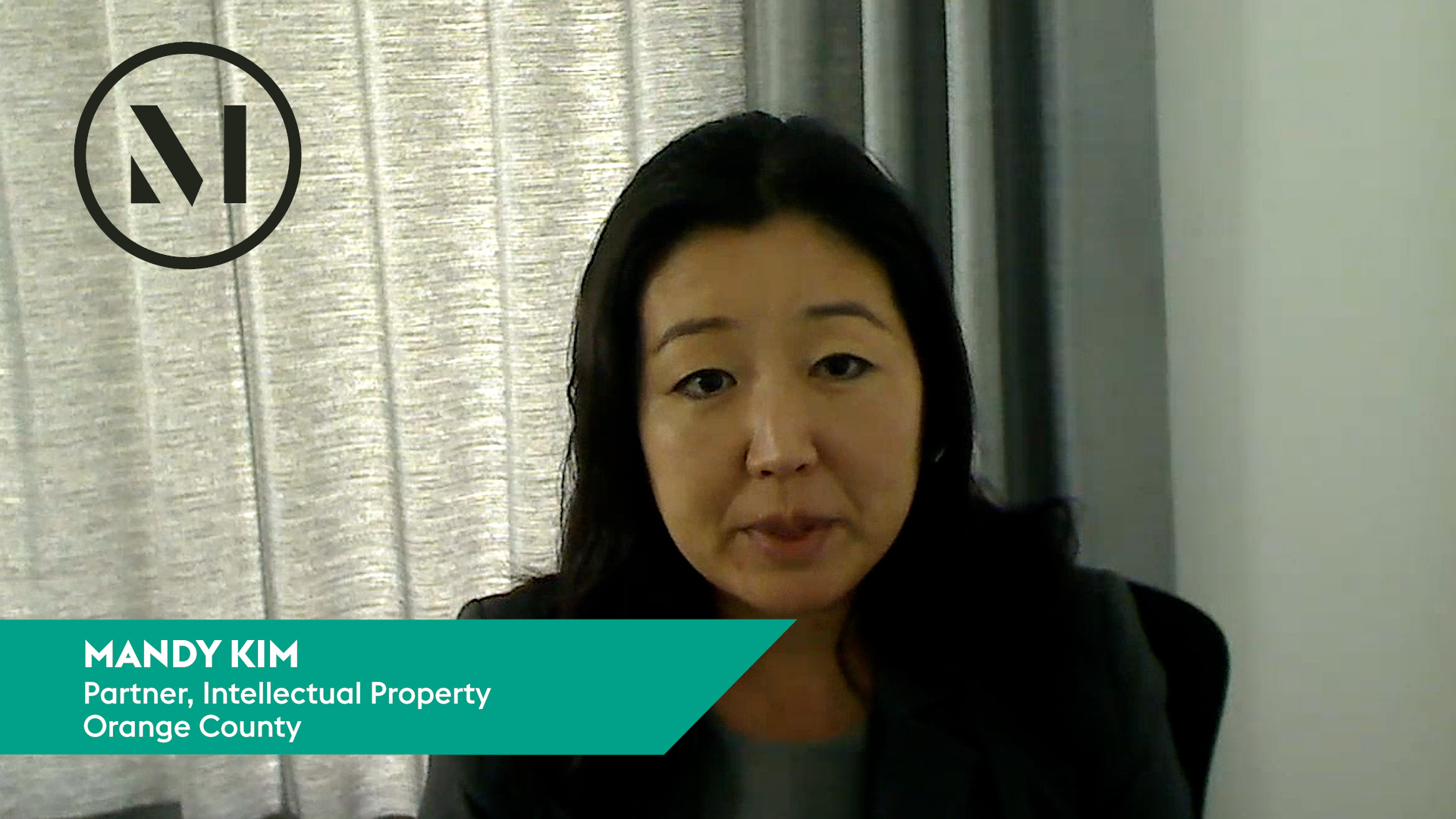Franz Kaldewei GmbH & Co. KG v. Bette GmbH & Co. KG
The Unified Patent Court (UPC) issued its first decision on the merits, granting the first-ever permanent injunction covering seven UPC member states. Franz Kaldewei GmbH & Co. KG v. Bette GmbH & Co. KG (Düsseldorf Local Division, July 3, 2024).
The UPC found that the asserted patent was invalid in its granted form due to obviousness but upheld as valid an auxiliary request on which the injunction is based. Among other things, the Düsseldorf Local Division discussed procedural lapses around a missed deadline (denying the defendant a submission of certain documents one day prior to the oral hearing), jointly hearing the infringement case, and a counterclaim for revocation and inventive step. In this regard, the Court proceeded pragmatically and flexibly, as the UPC Court of Appeal (CoA) did in 10x Genomics, but unlike the European Patent Office (EPO) with its focus on the closest prior art and building a problem-solution approach thereon.
The decision further dealt with claims for information on the scope of infringement, claims for recall or removal from the channels of commerce, and considerations against requiring security for enforcement of a judgment on the merits in the given case.
Regarding so-called contributory infringement (i.e., indirect use of the invention), the UPC held that there is a double territorial requirement: the offer and/or delivery of the essential element must take place within UPC territory, and the invention must also be used within UPC territory. The Court left open the question of whether it is sufficient that the offering/delivery exists in a member state and the invention is intended for direct use in another, different member state. Further case law will have to clarify this point. Regarding the prior use defense, it follows from the decision that there is no “UPC/European” prior use. The existence of a right of prior use must be asserted for each member state according to its national law, and the respective defendant must provide the relevant information for each country individually.
Practice Notes:
- The UPC has shown that it is capable of dealing efficiently with both infringement and invalidity questions within the short timeframe it has set itself. The UPC delivered on its promise to issue a decision on the merits in just over a year and only a few weeks after the oral hearing.
- Regarding claim interpretation, the Düsseldorf Local Division referred to the CoA’s decisions on February 26, 2024, and May 13, 2024, stating that the principles of Article 69 EPC apply to both validity and infringement proceedings.
DexCom, Inc. v. Abbott et al.
The day after the UPC’s decision on the merits in Franz Kaldewei granting a permanent injunction, the Paris Local Division delivered its first decision on the merits and declared the patent in suit invalid in 17 UPC member states. DexCom, Inc. v. Abbott et al. (Paris Local Division, July 4, 2024).
The Paris Local Division also ruled on both infringement and validity questions and [...]
Continue Reading
read more

 Subscribe
Subscribe





